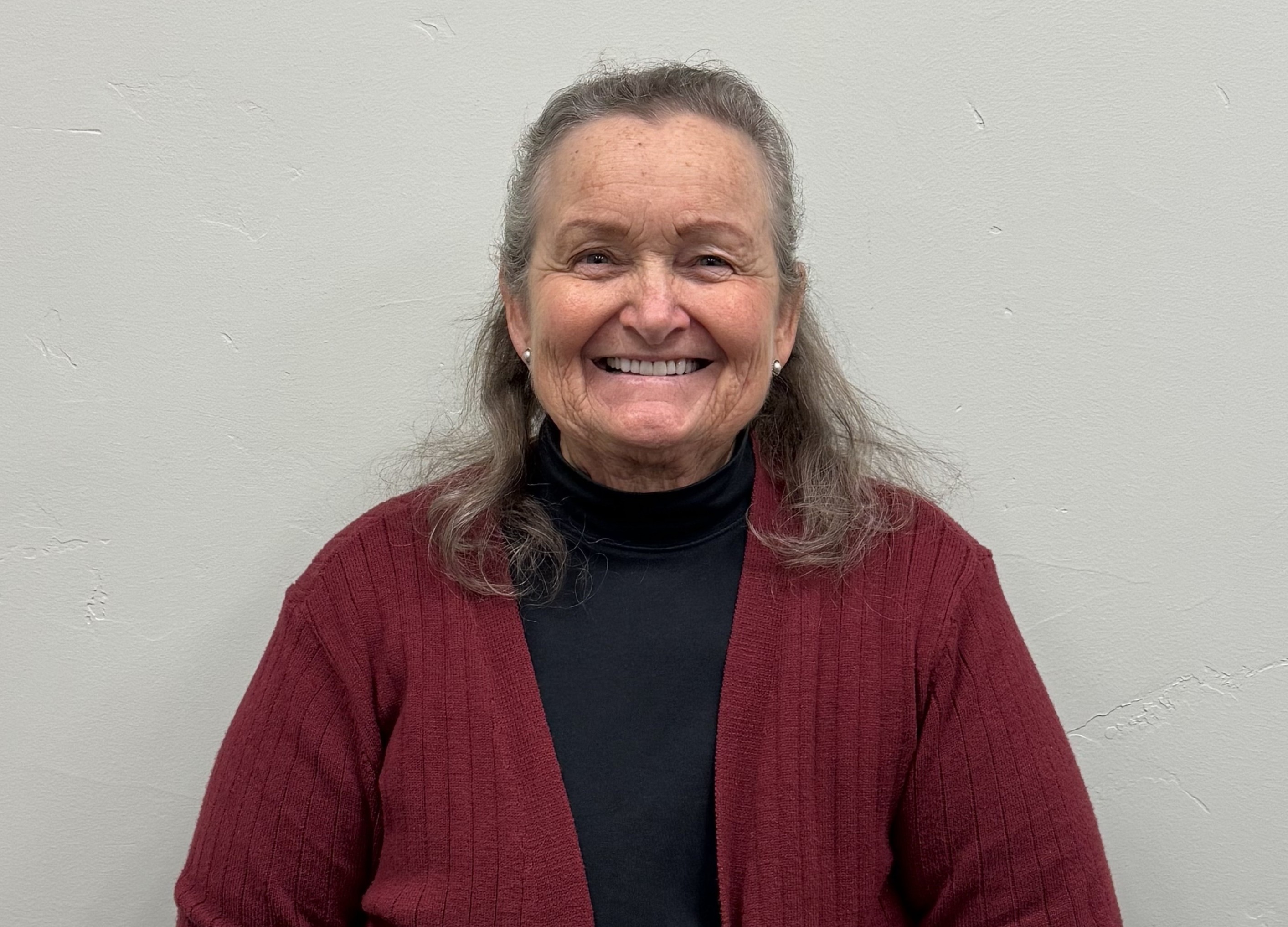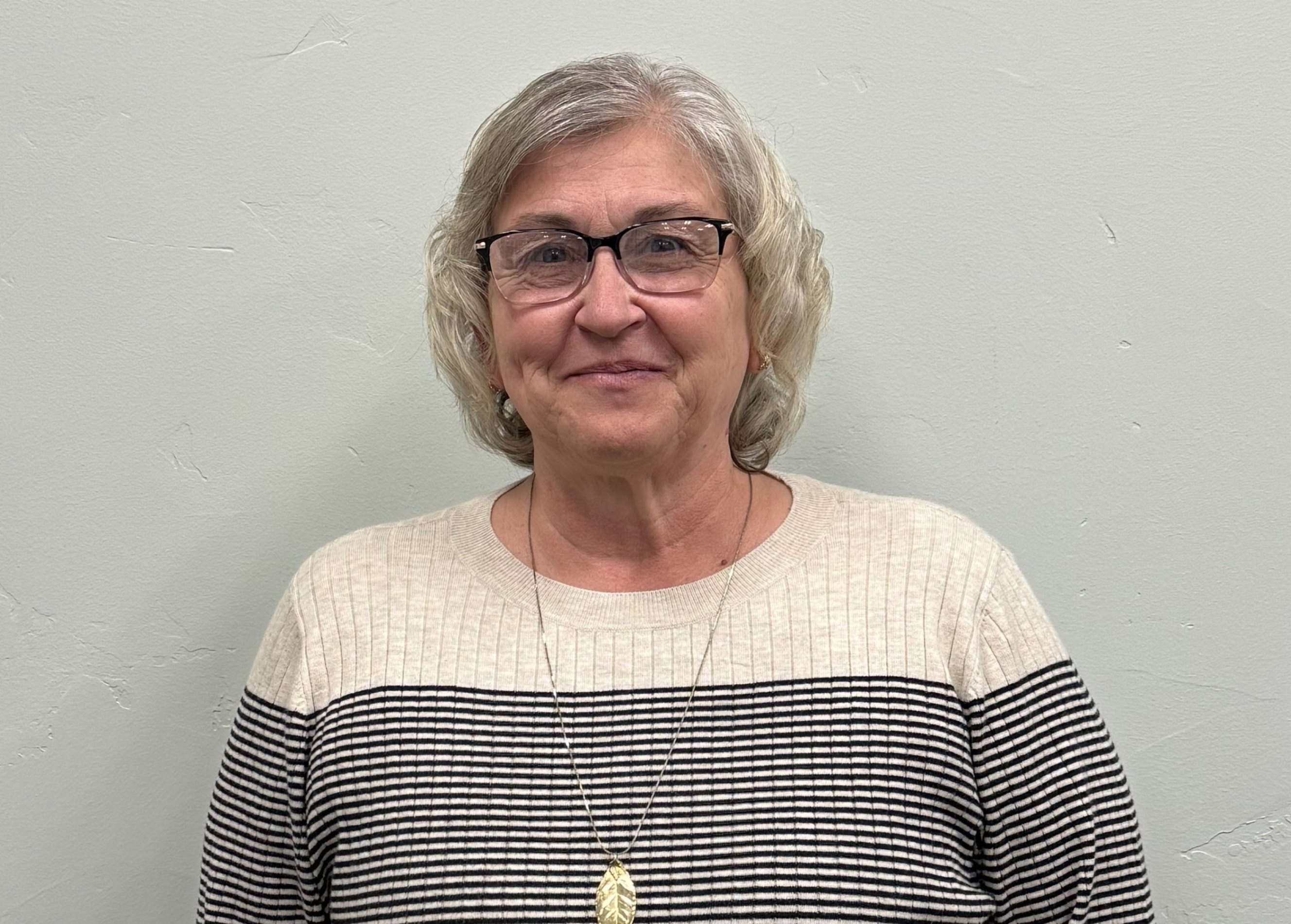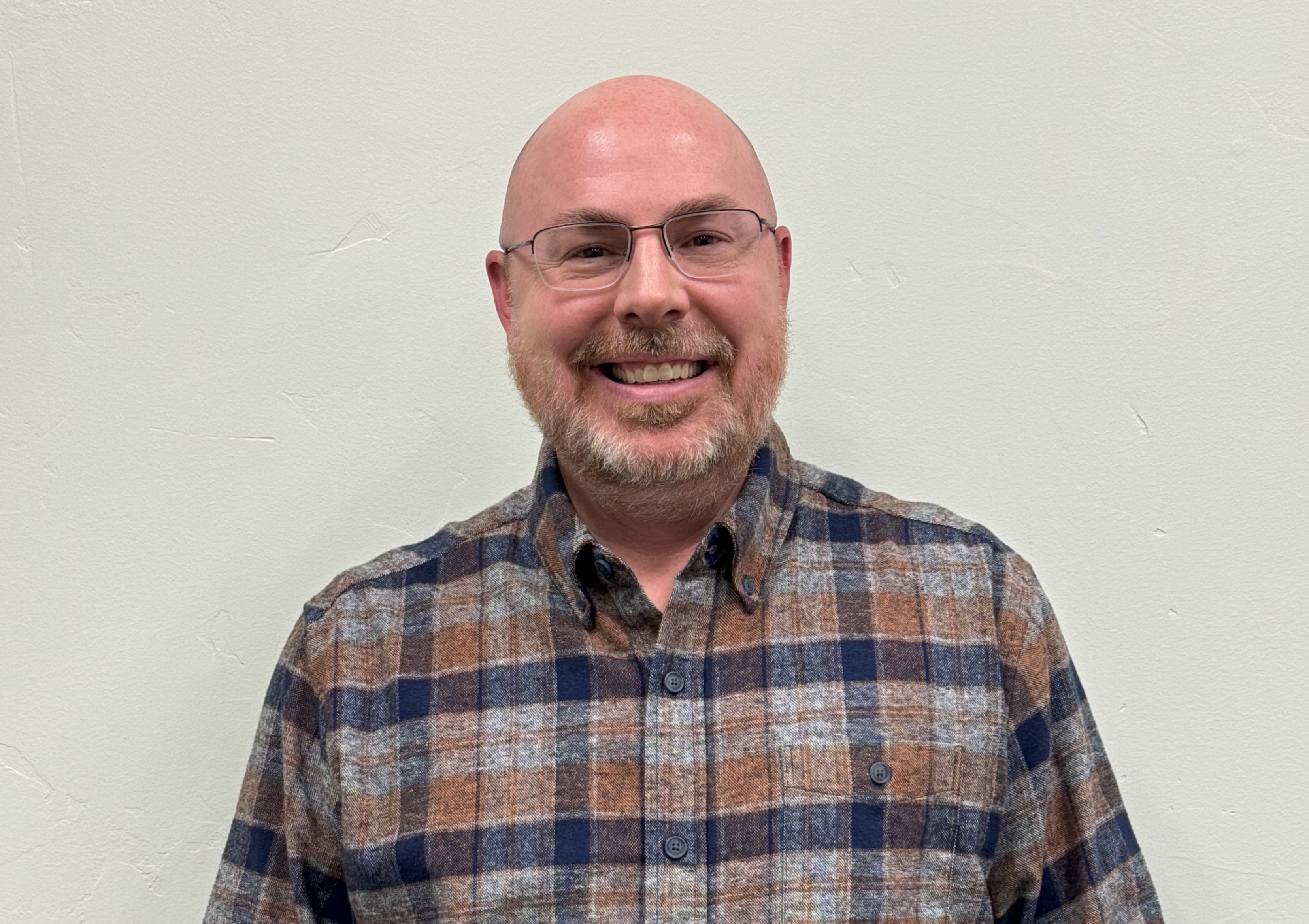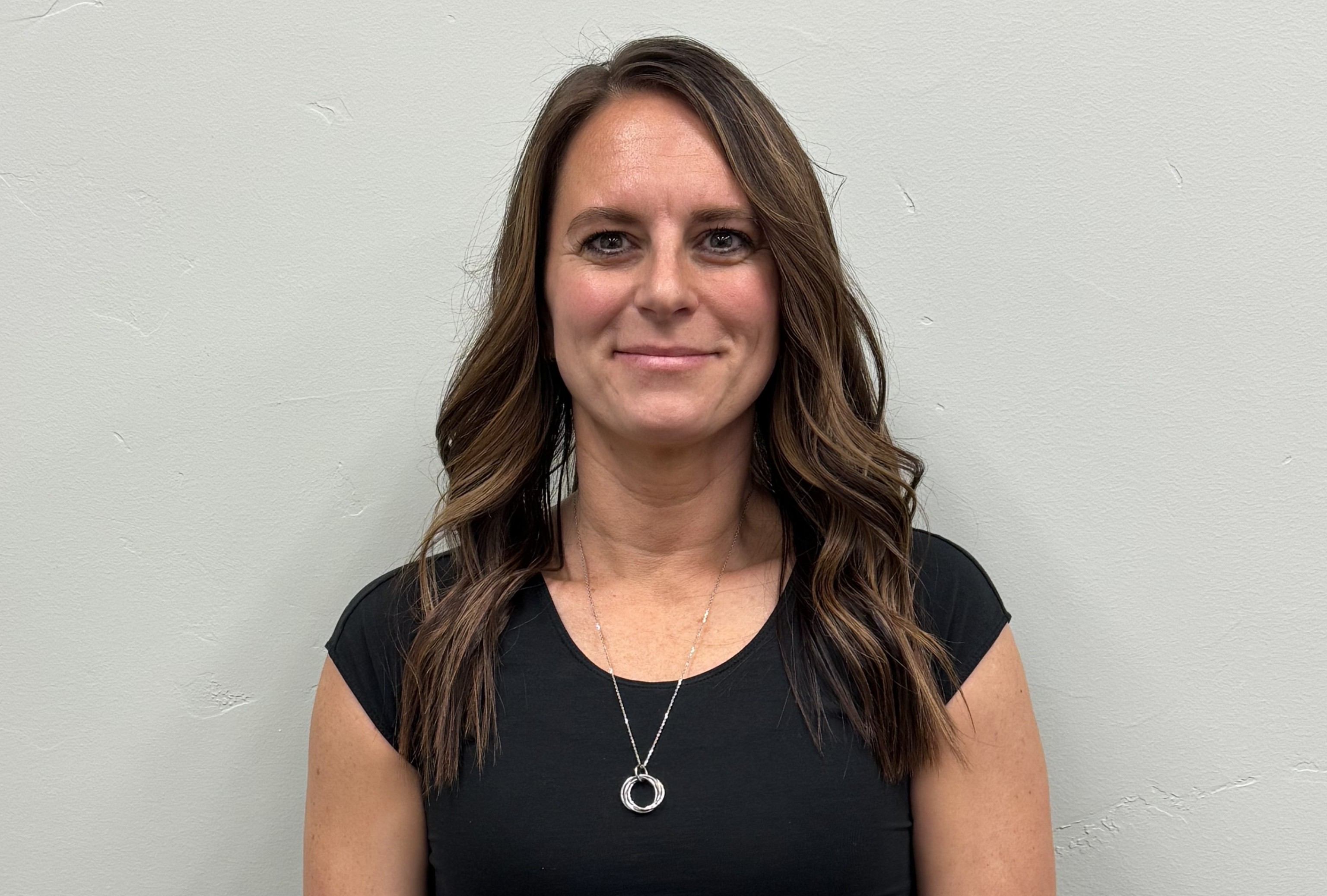Board Information
School Board FAQs
Preston School District has a dedicated board of trustees that are working hard to enact policies that will positively impact the education of our students! All trustees are volunteers and give willingly of their time to support the schools in our District. Below are some frequently asked questions to help patrons and staff better understand the roles and responsibilities of the Board.
What is the role of the Board of Trustees?
The Board of Trustees serves as the policy making body of the District, similar to a state or federal legislative body. The Board also has the responsibility of accounting for all of the funds of the District. Like a state or federal legislative body, the Board is not involved in the day-to-day management of the District. Instead, policies and budgets established by the Board are carried out by the superintendent and other staff.
Who is on the Board?
The Preston School District Board of Trustees is composed of five members from five zones within the boundaries of the District. Each trustee is elected to fill a term of four years. Should a trustee resign from the Board, a replacement from the zone of the resigning member is appointed by the remaining trustees to serve out the remainder of the resigning member's term.
How do I find out who my Board member is?
Great question! Board zonemaps are provided on this page under the Board Zone Maps and Descriptions heading.
How often does the Board meet?
The Board meets at least once each month in regular meetings that are open to the public. Additional special meetings may be called as needed but require at least 24 hours advance notice except in emergency situations.
Can the Board meet privately?
In most cases, the Board is not allowed to meet privately. In accordance with Idaho State law, the Board is to conduct public business before the public. Therefore, most meetings of the Board are open to the public. However, there are certain circumstances under Idaho State law that allow for the Board to meet in private. These circumstances may include evaluations or disciplinary action of employees, communication with legal counsel on pending litigation, or a few other reasons that may require confidentiality due to the nature of the business (see Idaho Code 74-206).
Can anyone talk in a Board meeting?
Board meetings are intended to be held in the public and allow for orderly public input. However, just as legislative bodies don't just allow anyone watching the session to speak at any time, the Board does not engage directly in conversation with, or allow uninvited comments from those in attendance. To be able to speak openly to the Board in a regular meeting, individuals must be invited to do so by the Board and included on the agenda. Some meetings, called public hearings, allow for open comments from any individual in attendance provided that they give their name for the records of the meeting.
How do I get the Board to invite me to speak at a Board meeting?
The Board allows individuals to fill out a request to address the Board prior to each regular meeting. The request can be completed online at this link. Filling out this form does not guarantee that individuals will be invited to speak at the meeting. Oftentimes, the subject of discussion outlined by an individual requesting to address the Board can be more effectively handled at a lower level in the District and the request process allows the Board and administration to work together to determine where that communication can be addressed most effectively.
Are you saying the Board won't listen to my concerns?
Not at all! The Board is willing to listen to concerns, but remember, the Board isn't the managing arm of the District. Similar to any other public agency, the Board formulates policies and employs officials to enforce those policies. It is completely appropriate to address any member of the Board with input regarding policy and the effects of policies. However, if you contact a Board member with a specific concern involving a student or staff member, they will likely ask you to speak to the individual closest to your concern. The reason for this is two-fold:
-
Board members are not involved in the direct management of employees, students, or other functions of the District.
-
Individual board members have no authority to speak or act alone on the Board's behalf.
In matters of serious conflict or violations of policy that cannot be resolved directly with administration or are directly involving administration, the Board acts similar to a courtroom jury, hearing from both sides of an issue and making an unbiased judgement. If you contact a Board member individually regarding a specific issue, a level of bias may be developed and the process of fair and equal consideration becomes compromised. The same holds true on the staff side as well. When staff approach the Board, they are also directed back to administration to prevent any undue bias from the Board. Think of it like a trial in a courtroom. If you are the individual on trial, you may be tempted to talk to members of the jury privately to sway them to see things your way. However, imagine if it were the other way around and the prosecution was able to privately communicate information to the jury as well. As you can see, communication of specific issues directly to Board members can place them in a very difficult situation and may result in unintended complication of an issue.
What if I have an issue with a staff member and don't want to talk to them?
The best way to resolve an issue is always to address it with the individual involved. If you find that a staff member is unwilling to talk or you cannot reach an agreement, please contact that individual's immediate supervisor in accordance with the Patron Suggestion and Complain Process (Policy 1012). If you are unsure who the immediate supervisor of a staff member is or where you should address a concern, please contact the district office for guidance at 208-852-0283.
Board Zone Maps and Descriptions




